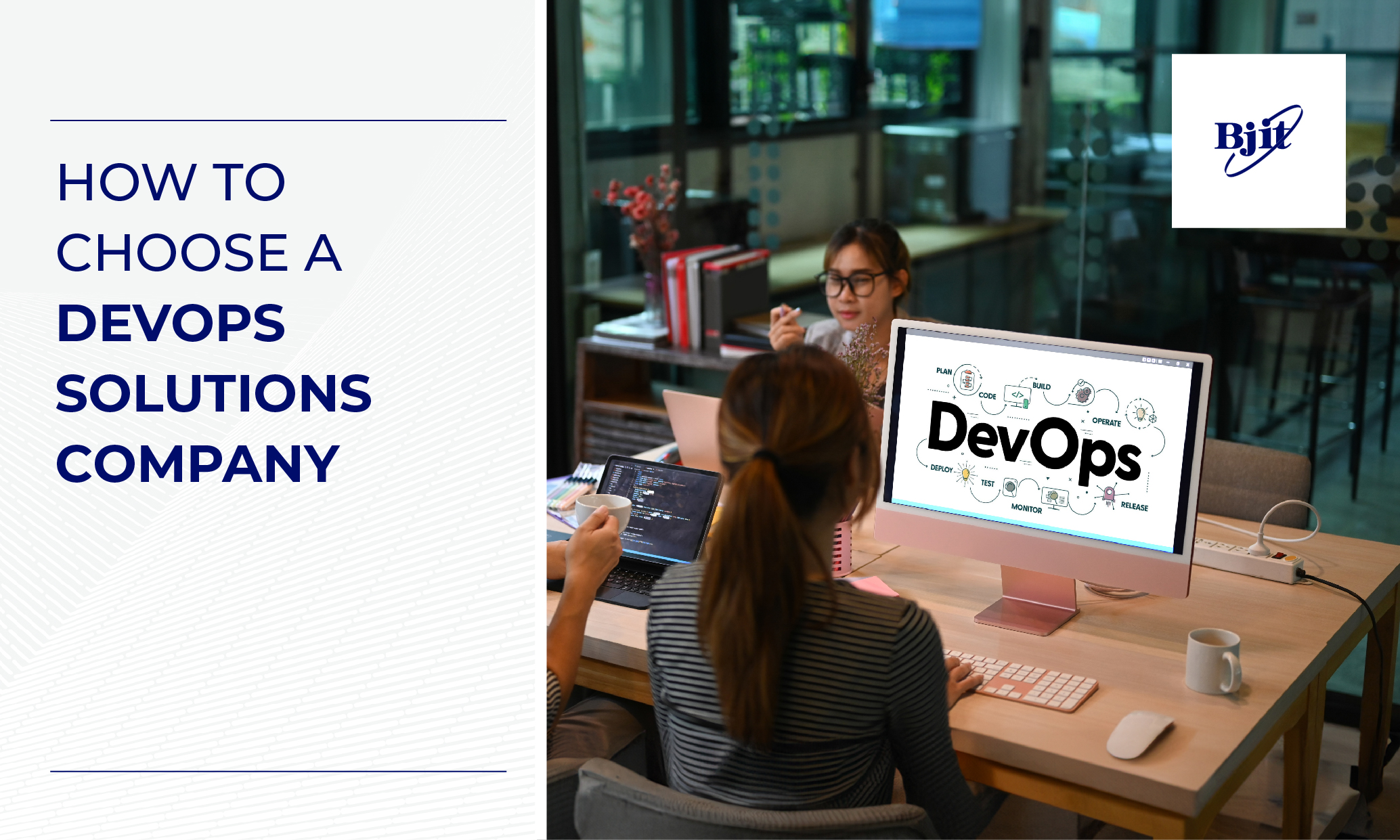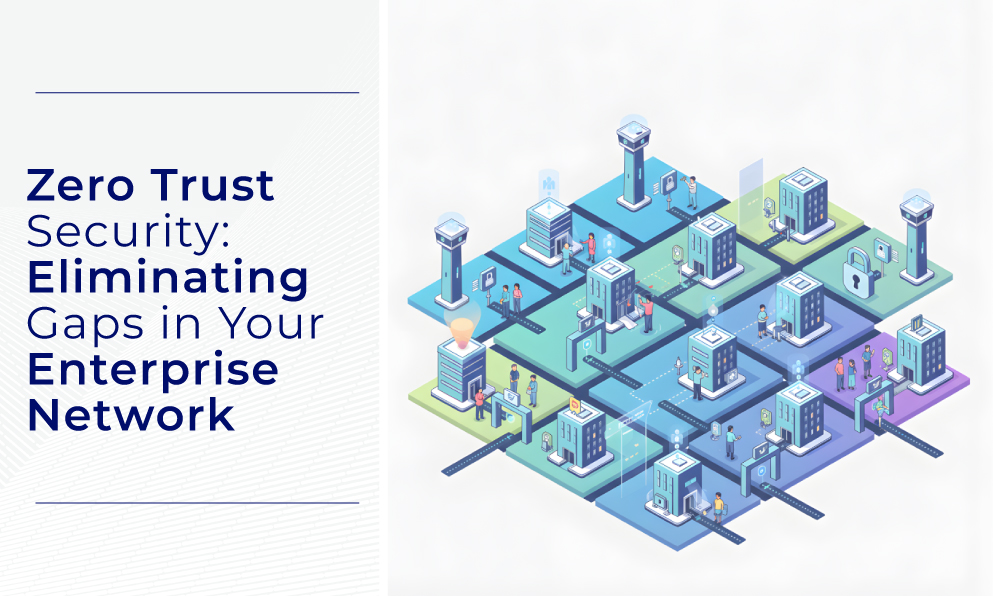SAP ERP implementation services ease your organization's resource planning. Every organization wants to optimize its resource allocation and utilization. This helps it achieve operational efficiency and gives it a competitive advantage.
According to a Forbes study, around 39,668 companies and 75,000 customers in 120 countries use SAP ERP solutions.
Enterprise Resource Planning (ERP) plays a vital role in an organization's business operations by integrating various functional areas. It offers a centralized platform that connects different departments within an organization.
What is SAP ERP?
SAP ERP (Enterprise Resource Planning) is a comprehensive software suite developed by SAP SE. It is designed to manage and integrate various business functions and processes within an organization.
It covers different aspects of business operations, including finance, accounting, sales, procurement, manufacturing, supply chain management, project management, human resources, and more.
The primary purpose of SAP ERP is to establish a centralized platform that gathers and optimizes business data. It helps organizations improve collaboration, decision-making, and process optimization across different departments.
Data & Image Source: Statistica
SAP ERP has a 5.36% market share worldwide. This market share is attributed to several factors.
It offers stability and scalability, enabling businesses to manage complex processes efficiently.
5 Strategies for Successful SAP ERP Implementation
1. Plan and Set Goal:
Conduct a thorough analysis of your business processes, pain points, and goals to determine the specific reasons for implementing SAP ERP. Define clear and measurable objectives to guide the implementation process.
2. Select the correct SAP ERP system:
Evaluate various SAP ERP modules and versions to identify the one that best suits your organization's size, industry, and functional requirements. Consider factors such as scalability, flexibility, and ease of integration with existing systems.
3. Data Migration and Quality Assurance:
Ensure data integrity by meticulously planning and executing data migration from your legacy systems to the SAP ERP system. Establish robust data quality assurance processes to identify and correct any data inconsistencies or inaccuracies.
4. Continuous testing and regular updates:
Conduct comprehensive testing throughout the implementation lifecycle to identify and resolve potential issues. Implement a regular update and maintenance strategy to keep the system current with the latest software releases and security patches.
5. Post-Implementation Support:
Provide ongoing support to users after the initial implementation to ensure a smooth transition and address any challenges they may encounter. This may include training, documentation, and a dedicated support team.
Additional Strategies for Successful SAP ERP Implementation:
- Change Management:
Implement a comprehensive change management plan to address the organizational and cultural changes brought about by the new system.
- User Training:
Provide extensive training to users at all levels to ensure proficiency in using the SAP ERP system.
- Integration with Existing Systems:
Ensure seamless integration between SAP ERP and your existing systems, such as CRM, PLM, and SCM, to create a cohesive IT landscape.
- Scalability and Performance:
Design the SAP ERP system with scalability and performance in mind to accommodate future growth and changing business needs.
- Continuous Optimization:
Regularly review and optimize the SAP ERP system to identify areas for improvement and enhance overall efficiency.
Where BJIT Stands in SAP ERP Implementation?
BJIT is a prominent global software development and IT services company. Our main objective is to empower organizations, including small and medium-sized enterprises (SMEs) and budding startups.
We specialize in SAP ERP implementation. We focus on delivering custom solutions that meet the unique needs of each client, and we provide end-to-end SAP ERP implementation services.
- We achieve smooth operation by innovating, optimizing, and expanding internal business software and products.
- We hold prestigious certifications such as CMMI Level 3 and ISO 9001, demonstrating our commitment to quality and continuous improvement.
- As a partner of the SAP PartnerEdge Open Ecosystem, BJIT benefits from a range of resources aimed at continuous growth.
- Resources include training and certification opportunities, technical assets tailored to specific solutions, a comprehensive set of sales and marketing materials, and robust support services.
- BJIT's partnership within the SAP ecosystem showcases its dedication to achieving industry excellence, bolstering its reputation and trustworthiness in the market.
- By utilizing the SAP PartnerEdge Open Ecosystem, BJIT is strategically poised to navigate the constantly evolving landscape of technology solutions.
- This partnership ensures that BJIT remains at the forefront of innovation and customer satisfaction, solidifying its position as a leading provider of high-quality technological solutions.
FAQ
What is SAP ERP, and why is it important for businesses?
SAP ERP (Enterprise Resource Planning) is a software suite that enables firms to combine critical activities such as finance, human resources, procurement, manufacturing, and sales. It is significant for organizations because it provides a consolidated platform for data management, streamlines workflows, improves cross-departmental communication, and allows for real-time insights to influence decisions.
How can organizations ensure successful SAP ERP implementation?
Successful SAP ERP implementation necessitates extensive planning, involving key stakeholders from various departments, establishing clear objectives, aligning business processes with SAP best practices, providing comprehensive user training, ensuring effective change management, and collaborating with experienced SAP implementation providers such as BJIT, who can provide expertise, support, and guidance throughout the implementation process.
What are the main benefits of using SAP ERP for businesses?
The primary advantages of using SAP ERP for businesses include increased efficiency and productivity due to streamlined processes, improved visibility and control over operations, improved data accuracy and reliability, better decision-making based on real-time insights, improved collaboration and communication across departments, and scalability to support business growth and expansion.
What role does a SAP implementation provider like BJIT play in the ERP implementation process?
An SAP implementation provider, such as BJIT, is critical to the ERP implementation process because it provides expertise in SAP technology, guides organizations through the implementation journey, customizes SAP solutions to meet specific business needs, provides user training and support, ensures a smooth transition from legacy systems to SAP ERP, and provides ongoing maintenance and support services to optimize system performance.
How can organizations measure the ROI (Return on Investment) of SAP ERP implementation?
Organizations can calculate the ROI of SAP ERP implementation by weighing the costs of software licensing, implementation services, training, and support against the benefits, which include increased productivity, cost savings, revenue growth, improved customer satisfaction, and lower operational risks. Key performance indicators (KPIs) such as time to market, inventory turnover, order fulfilment rates, and customer retention can also be used to assess SAP ERP's influence on business performance and ROI.
Final Words
In summary, making SAP ERP work well needs a lot of planning, doing things with skill, and supporting it all the time. With tips from this blog and help from a good SAP provider like BJIT, businesses can fully utilize SAP ERP to improve efficiency, decision-making, and competitive advantage. BJIT knows a lot about SAP, has the right qualifications, and wants to make sure you're happy with what they do. So, if you're starting with SAP ERP, BJIT is here to help you out.











